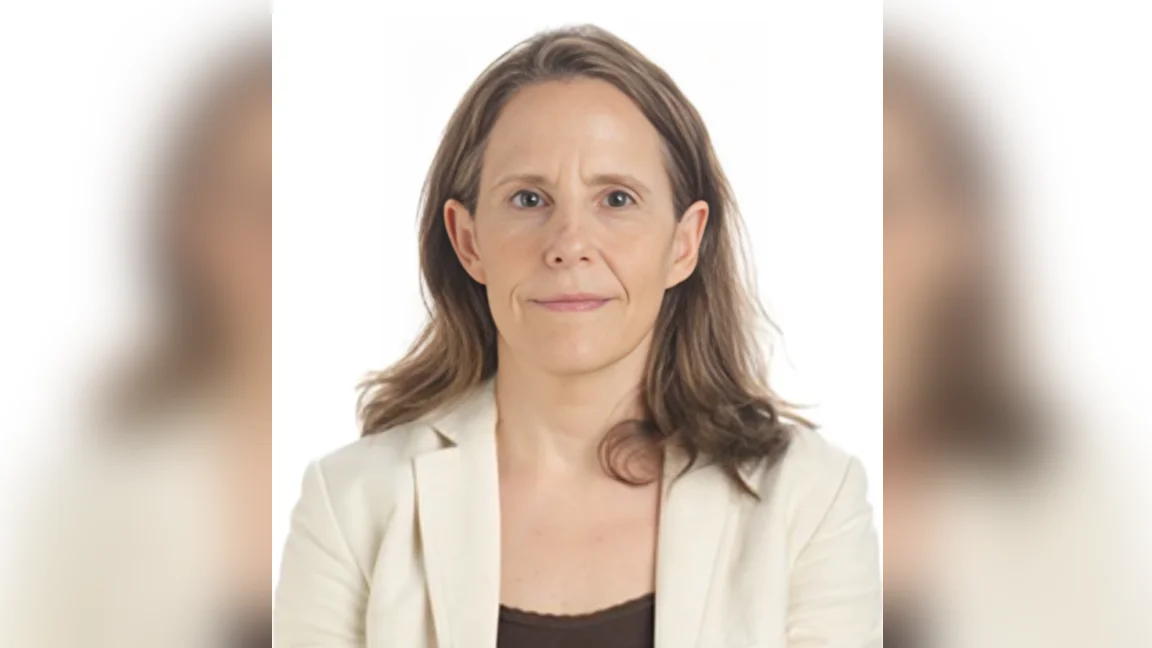Latvia's economy is currently facing a challenging global environment while addressing internal structural issues. The International Monetary Fund (IMF) staff has concluded its Article IV mission to Latvia, highlighting various economic concerns and recommendations for the country.
The IMF staff noted that Latvia is dealing with geoeconomic fragmentation, geopolitical tensions, increased trade barriers, and labor shortages. These factors are impacting productivity growth. Additionally, medium- and long-term spending pressures are expected due to population aging, defense needs, and energy security investments. To address these issues, the IMF recommends mobilizing additional revenue and accelerating fiscal reforms.
The outlook for 2025 projects a rebound in growth with real GDP growth anticipated at about 1 percent. This recovery is expected to be driven by higher public investment and a gradual recovery in private consumption and external demand. However, risks remain tilted to the downside due to rising geopolitical tensions and uncertainties in trade policies.
Latvia's fiscal policy is under pressure from increasing costs in pensions, healthcare, defense spending, and energy security investments. The government plans to increase defense spending significantly by 2026. Without measures to raise fiscal revenues or reprioritize government spending, Latvia's structural fiscal deficit could average around 3 percent of GDP in the medium term.
To counter risks in the financial sector, authorities are advised to monitor loan exposure to commercial real estate closely and reassess bank contributions. Structural changes globally necessitate close monitoring as loans to this sector form a significant part of banks' corporate loan portfolios.
Latvia's low productivity growth stems from sluggish capital accumulation and inefficient allocation of resources. Reforms aimed at improving corporate finance access and enhancing labor market flexibility are necessary to boost productivity. Additionally, fostering innovation through increased R&D spending and digital transformation will support long-term economic growth.
The IMF mission was led by Mr. Luis Brandao-Marques along with Gianluigi Ferrucci, Bingjie Hu, Keyra Primus from EUR division; Carlos Acosta and Anjum Rosha participated virtually; Gundars Davidsons from OED also joined meetings held between May 26–June 6 in Riga.

